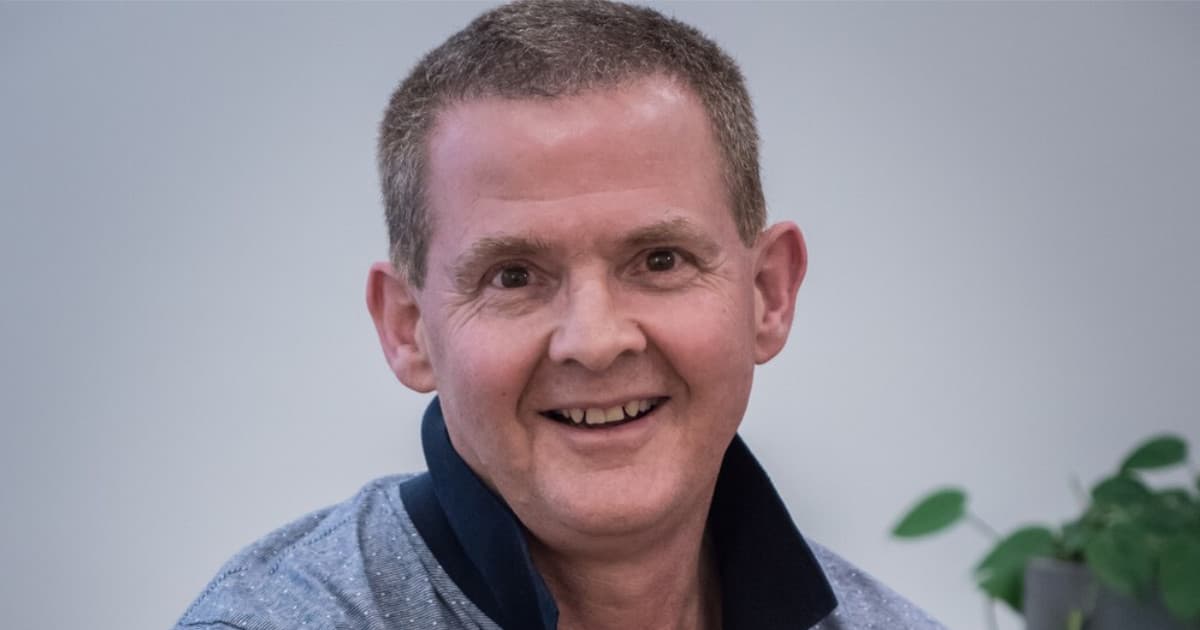Pledge 1% initiative co-founder Atlassian Foundation, has created a Deed of Equity Gift in collaboration with PwC Australia, Herbert Smith Freehills, and Australian Philanthropic Services for Australian startups and business founders.
The Deed of Equity provides initial guidance and a framework to make contributions to non-profit organisations simpler and more accessible by eliminating bottlenecks such as tax complications and other potential difficulties.
Mark Reading, Head of the Atlassian Foundation said: “Startup founders want to have an impact on the world around them. They are fixated on disrupting established industries in a way that makes life somehow better for customers.
“And they’re usually also focused on wanting to make a philanthropic commitment related to social or environmental causes.”
Mark added that there was no comprehensive framework or guidance available to Australian small and medium-sized enterprises (SMEs) looking to make equity pledges thus far.
Taxation snags
In many cases, transferring stock ownership or making cash-equivalent donations causes tax complications. This becomes a potential deterrent for startups looking to formalise their equity pledge through a deed.
“We’re delighted to have played a role in addressing some of the potential challenges in the tax system when founders take the step of formalising their pledge,” said PwC Tax Partner Jonathan Malone.
“Would-be philanthropists are looking to give back but don’t want to be caught up in tax complications that create uncertainty and restrict the ability to make an impact.”
Malone said triggering an up-front tax bill or missing out on a deductible gift are two instances that could prevent founders from pledging their support to worthy causes.
“We have worked with a founder that has received a private ruling from the ATO to confirm their tax position about the Deed of Equity Gift.
“While founders should obtain independent tax advice for their circumstances, the Deed of Equity Gift allows founders and philanthropic shareholders to follow a process to confirm their tax position and focus on their impact for our communities,” he concluded.
Stepping up for the cause
In a Return on Action Atlassian study, 69% of Australian workers said businesses should be just as concerned with their societal impact as their financial performance.
According to Lance Brooks, a social philanthropist and former Australian Survivor participant, small businesses can profit from drawing from the social entrepreneurship playbook and forming strategic relationships in their communities.
“There are so many things to be gained from these alliances. A sense of loyalty and connection with the community is invaluable to small businesses, especially because of the local advocates it creates,” Brooks said.
In an interview with Dynamic Business, he highlighted the key components of a long-term social enterprise and what small firms can learn from this approach.
Seven-year-old Pledge 1% was founded by the likes of Salesforce, Atlassian and Rally to encourage and enable companies, entrepreneurs, and individuals to make a meaningful impact in their communities through gifts of stock, cash, profits, time, product and other forms of gifting.
Andrew Herbert, the founder of Cangler, was the first to execute the Deed of Equity Gift. He obtained a Private Binding Ruling from the Australian Taxation Office to confirm the tax treatment based on his particular facts and circumstances.
“We initially took the pledge in February 2019 since we always wanted to engrain social impact and giving as part of our company DNA.
“We decided to execute the deed to make that promise legally enforceable.
“We’ve worked closely with the Atlassian Foundation, PwC, and Australian Philanthropic Services to execute the Deed of Equity Gift, which I hope will encourage other founders and organisations to follow suit,” Herbert said.
Keep up to date with our stories on LinkedIn, Twitter, Facebook and Instagram.

